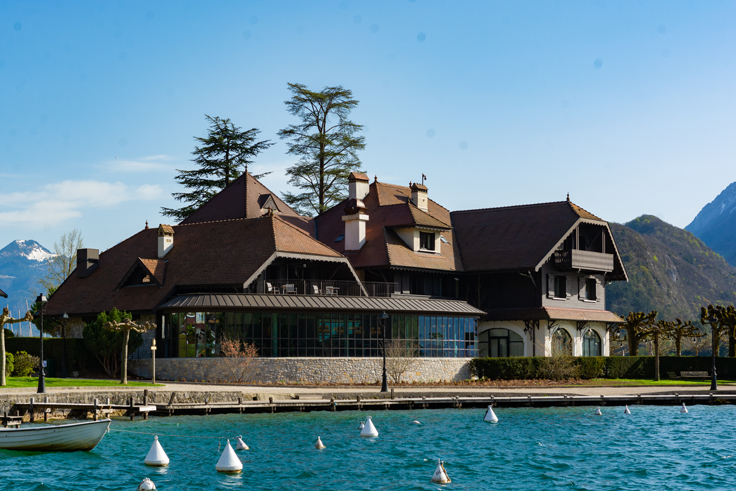5 Min Read
The Quiet Revolution of Hospitality Capital
Institutional capital has long been a player in hospitality. From branded city-center hotels to sprawling resort developments, the industry is no stranger to large-scale investment. But what we’re seeing now is something entirely different—a specialized kind of capital migrating into a more specialized tier of hospitality.
At the upper end of the market, capital isn’t just flowing in—it’s transforming the space. And it’s doing so with a surprising level of subtlety.
The usual suspects—short-horizon private equity, agnostic real estate funds, trophy-hunting conglomerates—are still around, but their noise is being eclipsed by something more deliberate. I’m currently in active negotiations with several multibillion-dollar investment firms whose behavior would confuse the average banker: no exit timeline, no leverage gymnastics, no appetite for control at the expense of coherence.
These investors operate more like family offices. They seek enduring value, not quarterly optics. They actively invite founders, visionaries, and legacy stewards to stay involved—not as a courtesy, but as a critical part of the asset’s identity. They understand what many don’t: that the soul of a hospitality experience isn’t a line item. It’s an operating philosophy, a way of being. And once lost, it’s nearly impossible to recover.
This is especially relevant now, as some of the most iconic, high character properties in the world begin to face transition. Inheritance pressures, aging founders, or simply the limits of individual stewardship are forcing the question: what next?
But here’s the good news. In this environment, with the right partner, the answer doesn’t have to be compromise.
Sellers of irreplaceable properties—those who’ve built a world, not just a business—are finding that they can command valuations that would have once seemed fanciful. And not because they’re selling out, but because they’ve built something so enduring that the right capital is willing to honor it.
That means continuity. That means protection. That means placing the keys in the hands of someone who understands they aren’t just buying a building—they’re becoming custodians of a legacy.
In a sector flooded with headlines about inflated multiples and trophy buys, the quiet revolution is happening elsewhere. It’s happening in boardrooms and gardens, on verandas and vineyard terraces, where founders sit across from investors and realize—to their relief—that the conversation isn’t about replacement.
It’s about respect.
And increasingly, the people writing the checks understand that too.




